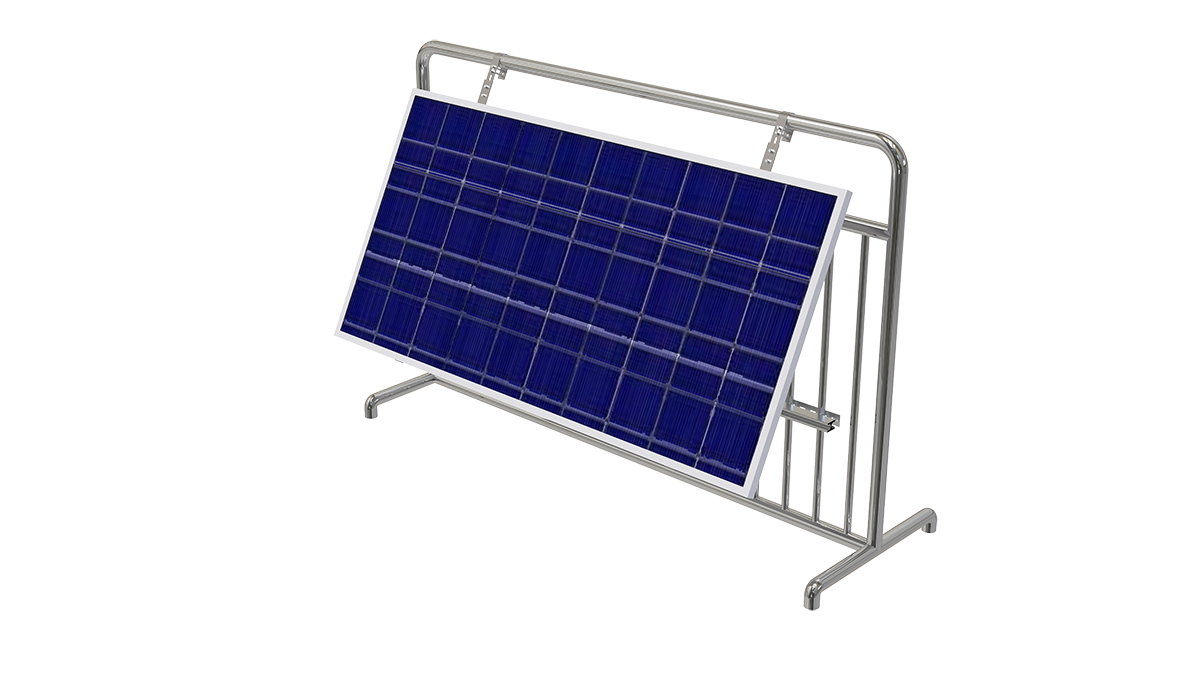Germany is seeing a rooftop revolution—on a smaller scale. According to the German Solar Industry Association (BSW-Solar), over one million plug-and-play solar systems—commonly known as Balkonkraftwerke—are expected to be registered by the end of June. These compact balcony units are playing an increasingly vital role in Germany’s shift toward clean energy.
Balkonkraftwerke typically consist of just one or two PV panels with a micro-inverter, designed for easy, tool-free installation. They can be attached directly to balcony railings and plugged into a standard household socket, making solar power accessible without the need for structural changes or landlord permission—especially empowering for renters and apartment residents.
While the idea initially struggled to gain attention a decade ago, growing public awareness and supportive regulations over the past five years have transformed the market. A key milestone came in 2019, when Germany introduced technical standards for plug-in systems, including approval for standard plugs and grid feeding, paving the way for widespread adoption.
The pandemic years further accelerated uptake as home bound consumers turned to DIY energy solutions. And with soaring electricity prices, cost-effectiveness has become the final push. A typical 800W system produces around 760 kWh annually and costs between €400–800, offering payback periods as short as 2.5 years based on current electricity rates (€0.347/kWh), according to Verivox.
As demand continues to grow, choosing the right mounting system becomes crucial. UISOLAR’s balcony mounting solutions are specially designed for quick, secure, and renter-friendly installations. With a sleek design and universal compatibility, UISOLAR helps make every balcony solar-ready—no roof required.

 online service
online service +86 (0592)5663849
+86 (0592)5663849 sales@uisolar.com
sales@uisolar.com solar-mount.au
solar-mount.au